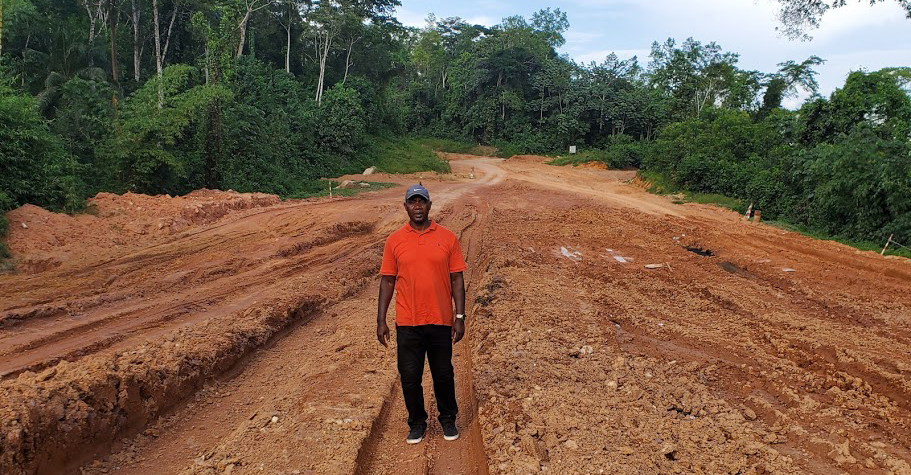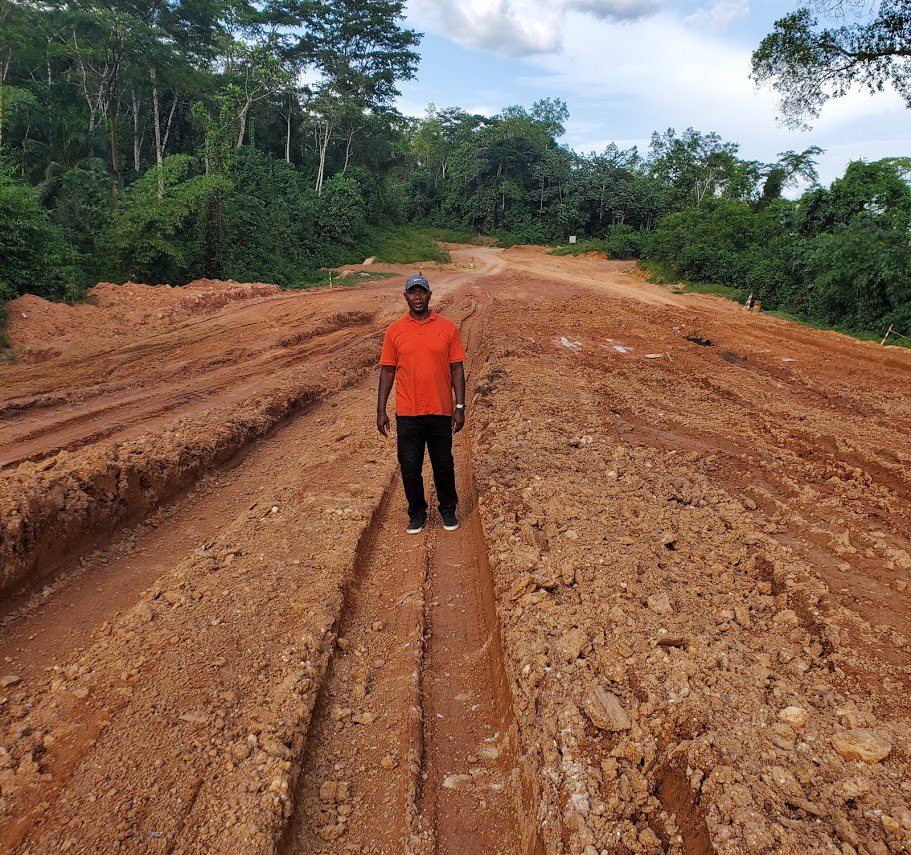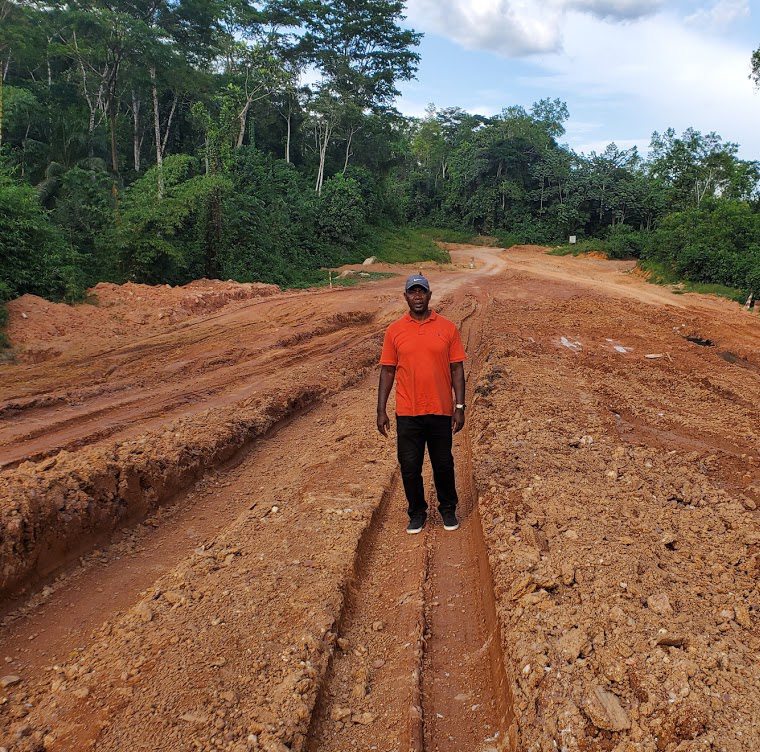Harry Kpoh, a UPS Global Logistics and Distribution e-fulfillment supervisor in Louisville, fled the ravages of the Liberian civil war, arriving in the U.S. in 2003. Learning to navigate a new society wasn’t easy.
“When you come from a developing country to one that is developed, the need to integrate can be daunting,” Harry said.
So he decided to help others navigating the same experience. Harry joined other Liberians to found The Liberian Community of Kentucky & Southern Indiana. The group worked with state officials to help new Liberian arrivals integrate into U.S. society, helping them overcome the language barrier, adjust to a new environment and get jobs.
The situation in Liberia stabilized around 2007. Fewer Liberians were coming to the U.S., so Harry shifted his focus co-founding an event called the African Heritage Festival.
“It was a bridge to help bring together the African and African American communities through culture, music and storytelling,” he said.
It was through his work with African Heritage Festival that he met the Louisville mayor who asked Harry to serve on the Louisville Global Services Committee, which supports Louisville’s large international community.
“And, that opened the door to trying to give back to Liberia,” he said.
Harry founded the non-profit Trembo National Association of Americas, Inc. to address Liberia’s critical need for medical supplies. He works with the Liberian health team to find out what’s most needed and then meets with organizations that may be able to help. The organizations donate or procure essential items like hospital beds, x-ray machines, medicine, anesthesia machines, high-protein meals and more.
He works with his team to coordinate the logistics for all the supplies they secure, working with the Liberian government to ensure the container is landed duty-free and the supplies are distributed fairly. On his most recent trip, Harry was able to transport $250,000 worth of medical and life-sustaining supplies that ended up benefitting about 8,000 residents.
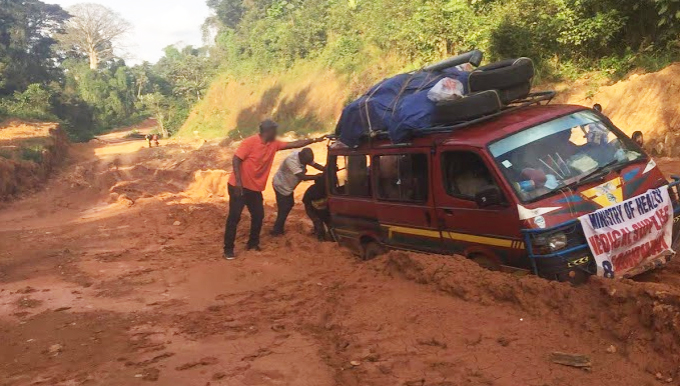
He described the difference the supplies can make.
“One of the clinics had four rooms. The beds consisted of a perimeter of bricks filled with leaves and topped with clothing,” he said. “There was only one IV pole for the whole facility. The most critical patient got the pole. When a more critical patient arrived, that person got the pole. When more than one person needed an IV, they tied the drip to the ceiling. We supplied new hospital beds and seven IV poles for that clinic, which was enough for all of the rooms and three backups.”
Liberia is now also beginning to build maternity centers where a woman who reaches seven months of pregnancy can move into to be cared for and fed until the delivery of her child.
“Life expectancy for a pregnant woman in rural Liberia is short,” Harry said.
His organization has identified five maternity homes and are supplying them with beds, food and other supplies.
Harry said he also plans to begin supplying more food and clothing, sneakers, backpacks and farming tools on his next trip. He’s already sourced 4,000 pairs of sneakers.
“When people hear we are distributing food, they may walk 20 miles to get it,” said Harry. “They typically arrive barefoot and in torn clothing. It’s heartbreaking. People should not have to live that way.”
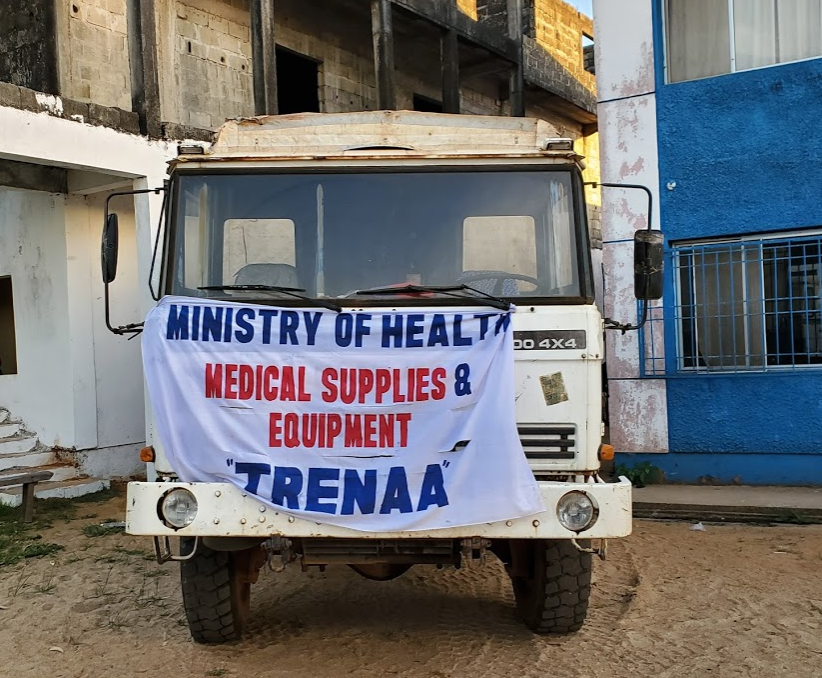
Harry works year-round on collecting donations and fundraising to cover shipping and travel costs. He’s also always planning the logistics for the next trip.
He works on a two-year cycle … collecting supplies and planning one year and making the trip the next. All while doing the planning, fundraising, organizing for his organization. It’s a lot of work. But he wouldn’t consider not giving it his all.
“I have to do that because the need is there,” he said. “We provide a hope.”
“When you come from a developing country to one that is developed, the need to integrate can be daunting.”
